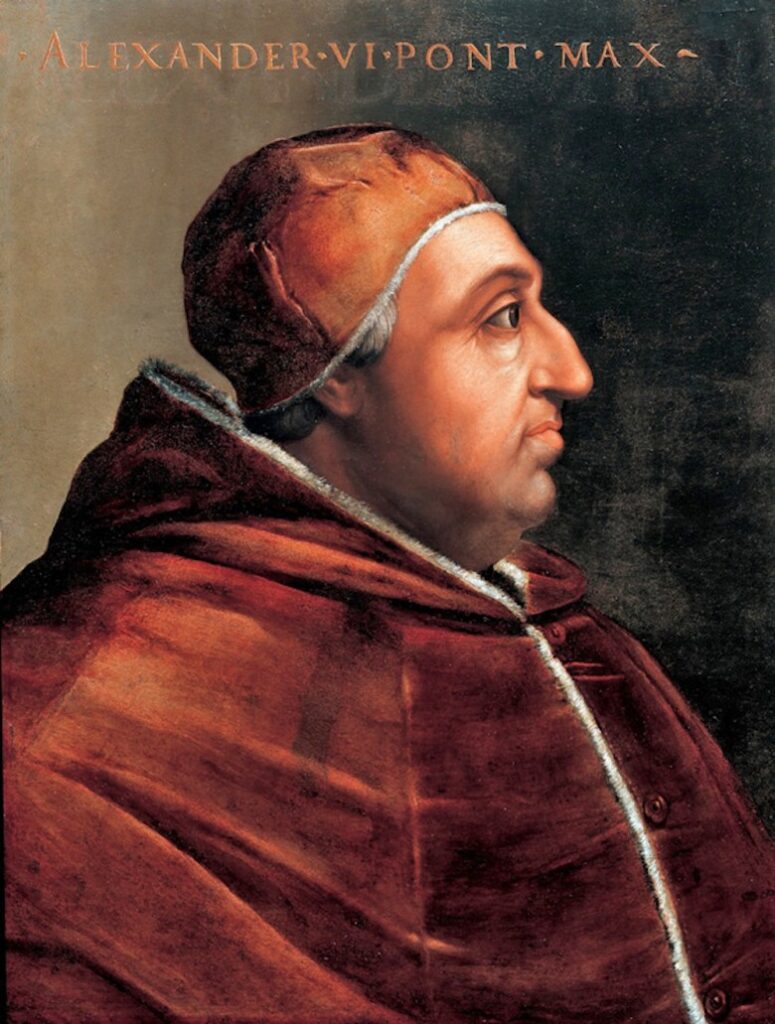
“The Prince” is a text by Machiavelli, an Italian poet, philosopher and diplomat. This text has a common theme of morality amongst the chapters. It often discusses the role that the prince must take on, along with what he should and shouldn’t be doing. Machiavelli spoke a lot about the dichotomy between sticking to one’s morals and doing what helps them stay in power; he states that the prince should be doing things to his own accord, whether it’s good or bad. For example, in Chapter 15, Machiavelli states that “it is necessary for a prince wishing to hold his own to know how to do wrong, and to make use of it or not according to necessity.” He says this because he believes that the prince should take all precautions when it comes to gaining and maintaining any power. Machiavelli also discusses how the prince needs to have a balance between acting like a man and acting like a beast. He states that there are two methods for this, “the first method is proper to men, the second to beasts; but because the first is frequently not sufficient, it is necessary to have recourse to the second. Therefore it is necessary for a prince to understand how to avail himself of the beast and the man”. In chapter 18, he explains that this is necessary because if men were good, then there would be no need to consider being bad, however,“because they are bad, and will not keep faith with you, you too are not bound to observe it with them”.



